
There are two kinds of intestinal parasites that are the most common. They are helminths and protozoa.
Helminth is a word that means worm, in the Greek language. The most usual sorts of helmints, are roundworms and tapeworms. They cannot multiply inside of the human body. This means that they cannot "reinfect" a person after the treatment. Protozoa, on the other hand, can multiply inside of a human body. Protozoa is a single-cell organism.
Some symptoms of Intestinal Parasites are gas or bloating, diarrhea, nausea or vomiting, weight loss, weakness and fatigue, stomach pain or tenderness, and passing a worm in the stool.
There are some natural remedies for intestinal parasites. If there is a suspicion of worms, the most important thing to do is to visit a doctor, in order to get a proper diagnosis. Determining the kind of organism which causes the problems is done through a series of tests.
There are a number of herbs that may be included in the treatment, but it is important to know that their efficiency has not yet been studied sufficiently, even though they are widely used.
Garlic (Allium sativa) is considered to have an effect on roundworms (Ascaris), Leishmania, Plasmodium, Trypanosoma and Giardia lamblia. Garlic can be used in the form garlic cloves, as well as in the form of tablets or capsules.
Goldenseal (Hydrastis Canadensis) is used for various infections that involve body mucous membranes, like respiratory tract infections, for example. It is considered that berberine, a substance found in goldenseal, is efficient against Plasmodium, Giardia lamblia and Entamoeba histolytica.
Black walnut is used in the treatment of athlete's foot and ringworms. It is a folk herbal remedy, but no clinical studies have been done on the subject of the effectiveness or safety that black walnut might have in relation to intestinal parasites.
Wormwood (Artemesia annua) is a herbal remedy that has been used for centuries against intestinal parasites such as Giardia, Schistosoma mansoni, Plasmodium and Ascaris lumbricoides. A substance called sesquiterpene lactones, found in wormwood, supposedly weakens parasite membranes.
Wormwood is considered toxic in the form of pure oil and it should not be ingested, but it is also available in the form of tea, capsules, or liquid extract. The efficiency or safety of wormwood has not yet been determined through clinical trials.
Wormseed (Chenopodium ambrosioides) is traditionally used in the tropics against tapeworms, hookworms, and roundworms. Wormseed is used as tea, because concentrated wormseed oil is too strong. Scientific studies have yet to confirm the efficiency and safety of using wormseed.
Pumpkin seeds (Curcubita pepo) are used against roundworms and tapeworms. There have been no scientific studies on effectiveness or safety of pumpkin seeds either.
Diet adjustments are often recommended in order to support the process of cleansing from intestinal parasites. It is necessary to temporarily avoid coffee, refined foods, refined sugar and alcohol. Some anti-parasitic foods are garlic, pineapple, papaya seeds, squash, carrots, sweet potatoes, probiotics, as well as tumeric, and clovers.
Intestinal cleansing includes a high-fiber diet with supplements such as: activated charcoal, psyllium husks, flaxseeds, beet root, pumpkin seedsbentonite clay, papaya extract and citrus pectin. This is a popular alternative approach, even though its efficiency has not been clinically proven.
Other Natural Remedies are Propolis, oregano, olive leaf, gentian, cloves, neem, anise, Oregon grape, thyme, and barberry.



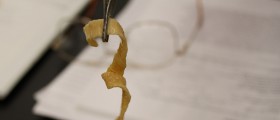

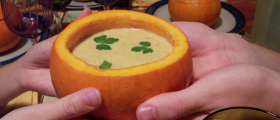
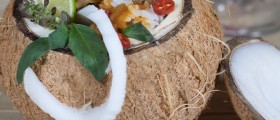




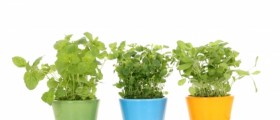

_f_280x120.jpg)

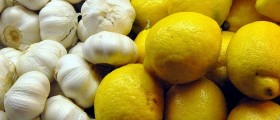

Your thoughts on this
Loading...